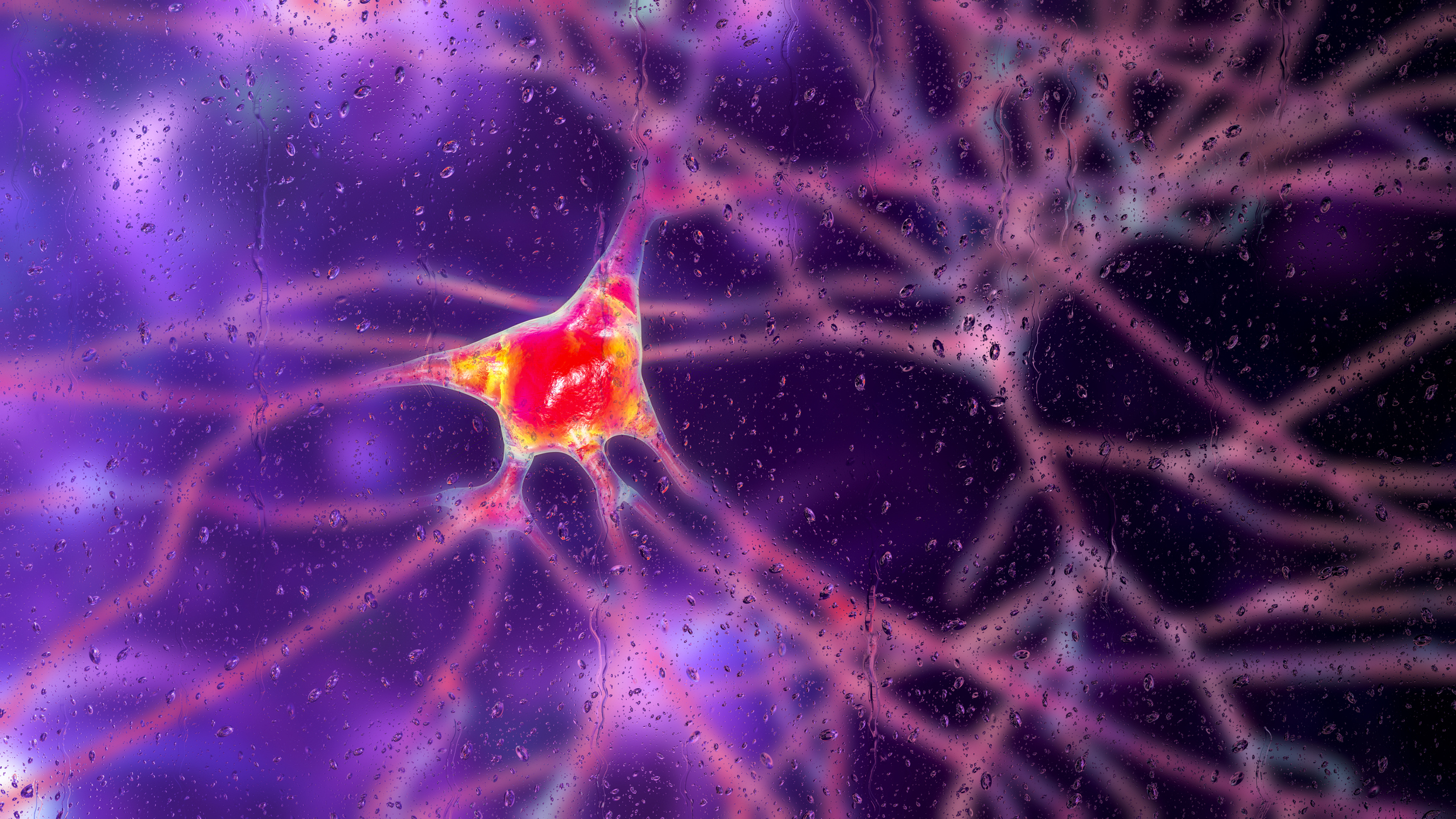Researchers in Berlin and Düsseldorf have identified a novel gene linked to the development of Huntington’s disease (HD) in a brain organoid model, suggesting the gene may play a role in brain disorders earlier than previously thought. The gene, CHCHD2, has been associated with HD for the first time, offering a potential new treatment target for the incurable neurological illness.
The study, published in Nature Communications, involved six labs at the Max Delbrück Center, led by Dr. Jakob Metzger, and Professor Alessandro Prigione’s “Stem Cell Metabolism” lab at Heinrich Heine University Düsseldorf (HHU). The researchers found that mutations in the Huntington gene (HTT) also affect CHCHD2, a gene crucial for maintaining mitochondrial function, in a brain organoid model of the disease.
The team discovered that CHCHD2 was consistently underexpressed in genetically modified brain organoids, reducing the metabolism of neuronal cells. This underexpression occurred before the development of potentially toxic aggregates of mutated Huntingtin protein, indicating that HD pathology in the brain may begin much earlier than previously recognized.
By restoring CHCHD2 function, researchers were able to reverse the effects on neuronal cells, suggesting that CHCHD2 could be a target for future therapies. The study also revealed that gene editing strategies, particularly the removal of the CAG repeat region in the HTT gene, showed promise in reversing some observed developmental defects, indicating a potential gene therapy approach.
These findings may have broader implications for other neurodegenerative diseases, with early treatments targeting mitochondrial phenotypes potentially offering a promising avenue for counteracting age-related diseases like HD.



















